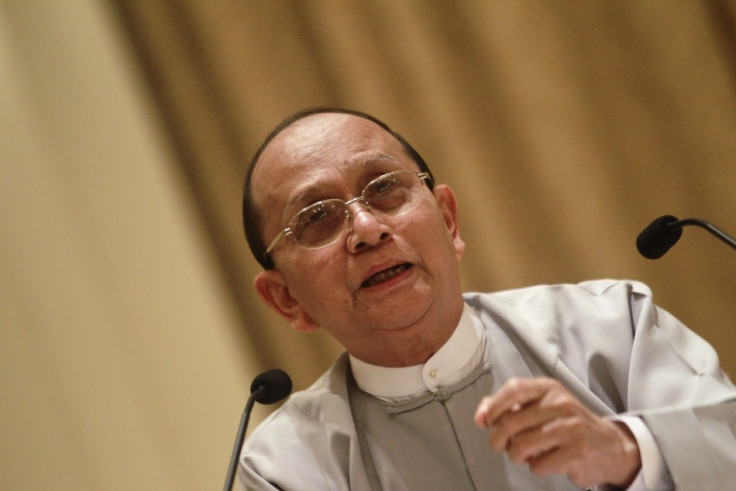Myanmar Signs Law Promoting Foreign Investment

Myanmar will allow foreigners to establish fully owned firms and offer tax exemptions and long-term land leases to investors. The new legislation is a bid to attract foreign capital and fuel economic development after almost 50 years of military rule.
In a related development, three of the country's private banks have signed a deal with global payments technology firm Visa to allow foreigners to use credit cards at ATM machines by January 2013.
Signed by President Thein Sein, the new foreign investment bill became law after passing between the legislative and executive wings of the government since March. While the government is eager to attract foreign investment, local monopolies and small businesses are keen to protect their own interests.
Under the legislation, foreigners will be able to enter into joint ventures with Myanmar citizens or the government, with the stake ratio agreed between the partners.
The legislation also reinstates a previous law dating back to 1988 allowing foreigners to establish fully owned businesses. However, there may be restrictions in certain sensitive sectors, including agriculture. Foreigners will be permitted to hold between 35 and 50 percent of a firm in restricted sectors.
Depending on the size and nature of the investments, the new law will also allow long-term land leases of up to 50 years with an option to extend the term twice by 10 years. It replaces the old lease practice with 30-year terms and two five-year extensions.
Foreign firms will get a tax holiday for the first five years of operation, compared with the previous law allowing a three-year tax holiday. The firms will also receive other forms of tax relief if investments are in line with the national interest.
They may be entitled to receive tax relief of up to 50 percent on profits made from exports. Tax benefits will be granted if it they are reinvested in the business within one year.
Under the new law, an enterprise formed will not be nationalised during the contract term or its extension and investors will be entitled to withdraw capital in foreign currency on expiry of the contract.
Since becoming the head of the quasi-civilian government in March 2011, President Thein Sein has spearheaded economic and political reforms in Myanmar, triggering Western countries to suspend sanctions. Multinational firms are interested in Myanmar's abundant resources and are looking to benefit from the country's undeveloped economy.
Recently, the World Bank approved an $80m grant for Myanmar in order to improve the living conditions of the country's rural communities, and pledged further financial aid.
European Commission President Jose Manuel Barroso, who visited the country, also promised €4m in aid for immediate humanitarian needs. He called for an end to sectarian killings in western Myanmar, where 89 people have died and thousands displaced in clashes between Buddhist Rakhines and Muslim Rohingyas.
The 2012 Nobel Peace Prize winner European Union contributed €700,000 for the foundation of a peace centre in the country to promote dialogue between the sects involved in clashes. It will also contribute €30m in 2013 to further the cause of ethnic peace in the country.
© Copyright IBTimes 2025. All rights reserved.






















